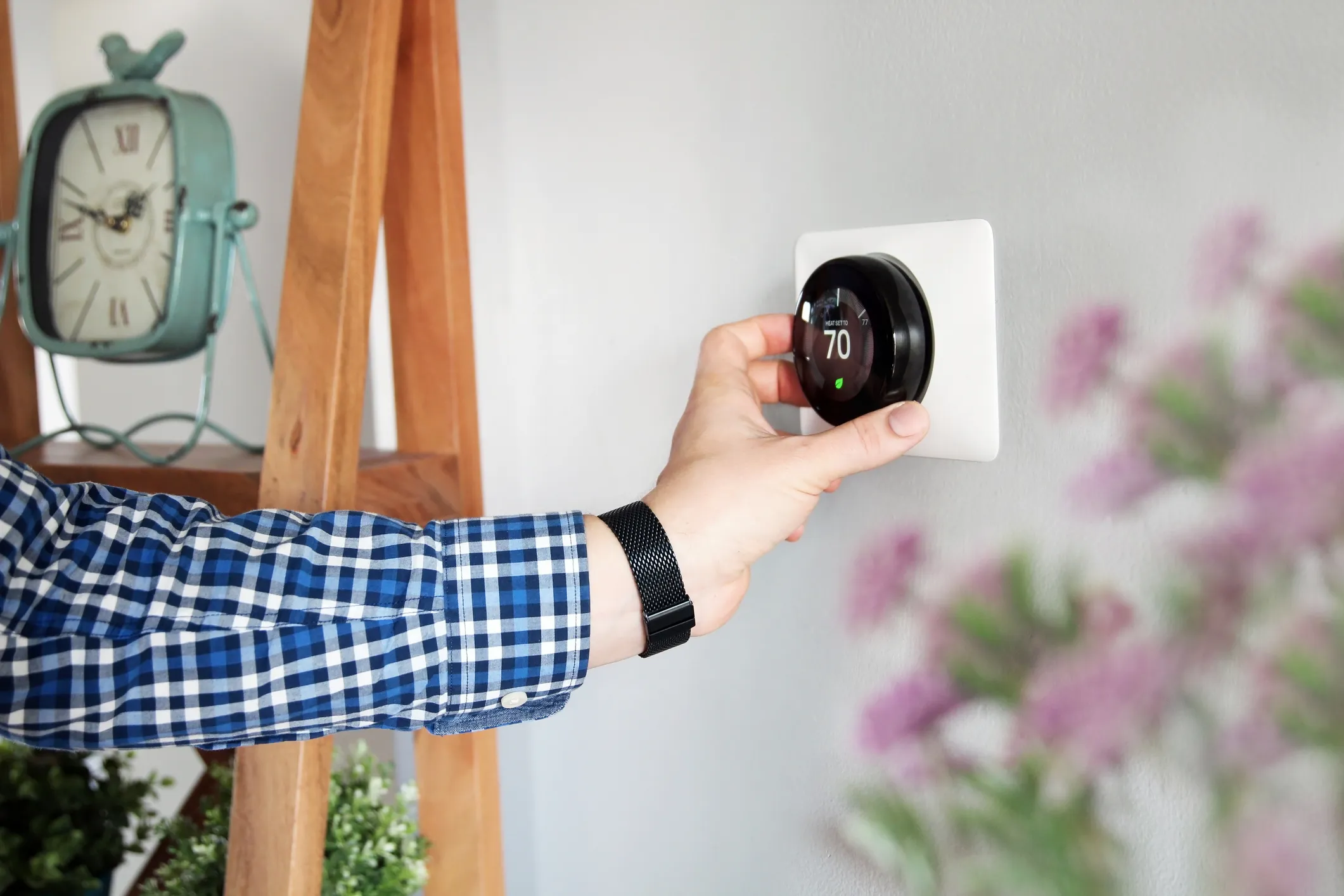The Great Debate: Is It More Expensive to Heat or Cool Your Home?
Have you realized how your energy bills soar whenever you try to keep cool in the blazing summer heat or cozy during winter’s icy grip? This constant battle has made many homeowners try to learn for themselves which costs more: home heating or cooling
The answer isn’t straightforward, as it hinges on a few things. Carefully review each one to know for sure whether your bills are likely to be higher in the winter or the summer. Then, consider our tips to keep your utility costs down throughout the year.
What Type of HVAC System Is Installed?
The equipment you use to heat and cool your home has a significant impact on your total costs. Designs range from the traditional furnace and air conditioner combo to an innovative heat pump or ductless mini-split. Older, less efficient systems tend to have higher operating costs, while today’s models boast much higher efficiency.
At the point your existing HVAC unit is more than 10 years old and you’re interested in lower energy costs, consider upgrading to a high-efficiency HVAC system. The perfect option for you is dependent on your home’s size and layout, your local climate, and whether your home needs new ductwork or not.
How Your Heating and Cooling Fuel Choices Affect Your Bills
The cost of heating and cooling two different homes may be markedly different based on their fuel sources. In many areas, natural gas is more affordable than electricity, making gas furnaces more economical than electric air conditioners.
On that note, electric furnaces are known to be costly to run. If electricity is your only or most preferred option, a heat pump is a more economical choice. This system offers both heating and cooling capabilities at a reduced cost of operation than traditional electric furnaces or space heaters.
Considering Solar Panels for Economical Heating and Cooling?
Putting in solar panels can significantly reduce electricity costs, making them a wise financial decision for many homeowners. Solar panels are particularly beneficial for homes with primarily electric HVAC systems, like heat pumps or electric furnaces and air conditioners, as they can take advantage of the sun’s free energy to power these systems.
That being said, solar energy isn’t going to have an impact on the costs related to natural gas or other fossil fuels. So in this kind of situation, heating with a gas-fired furnace is more expensive than cooling with an electric AC.
What’s the Climate Like Where You Live?
The highs and lows of your climate is one of the most important factors impacting heating and cooling costs. In general, the greater the temperature difference between indoors and outdoors, the more energy is required to maintain a comfortable indoor environment.
Therefore, cooling costs typically exceed heating costs in tropical southern climates, where the frequency of severely high outdoor temperatures is more intense. Conversely, yearly heating costs surpass cooling costs in temperate climates with harsh winters, reflecting the energy necessary for keeping the home warm no matter how cold it gets.
How Do You Set Your Thermostat?
Your thermostat settings directly impact what you pay for heating and cooling. Preferences differ; some want their homes warmer, leading to higher heating costs, while others prefer their home a little cooler, boosting cooling costs. Set your thermostat lower in the winter and higher in the summer, and then wear appropriate clothes to stay comfortable while cutting down energy bills. A smart thermostat can streamline your day-to-day energy use, reducing your overall expenses.
The Influence of Landscaping on Home Temperatures
You might not consider it initially, but the landscaping’s shrubs and trees around your home greatly influences home temperatures. Plants that shade your house reduce cooling costs in the summer but can similarly shield you from warming sunlight in the winter. Conversely, full sun exposure on your property results in more expensive air conditioning and reduced heating bills.
Want to make your landscaping work for you? Add a few deciduous trees on the property’s south and west sides. This means summertime shade while enabling the sunlight to filter through in the winter once the trees have shed their leaves.
The Impact of Your Home’s Orientation on Climate Control
Even the orientation of your home impacts its sun exposure, in turn influencing heating and cooling needs. Homes with considerable southern exposure get more sunlight, making them an easier orientation for staying warm in the winter but possibly more challenging to cool in the summer. Homes looking north, meanwhile, receive less direct sunlight, staying cooler in the summer but needing more heat during winter.
Custom HVAC Solutions for Every Homeowner
Every homeowner’s situation is unique. That’s why Enercare Rob's Albertan offers personalized HVAC solutions to maximize comfort and efficiency. Our prompt, professional services and repairs are designed to tackle all your comfort problems. So, if you want to reduce your heating and cooling costs without compromising comfort, get in touch with Enercare Rob's Albertan for personalized assistance.



